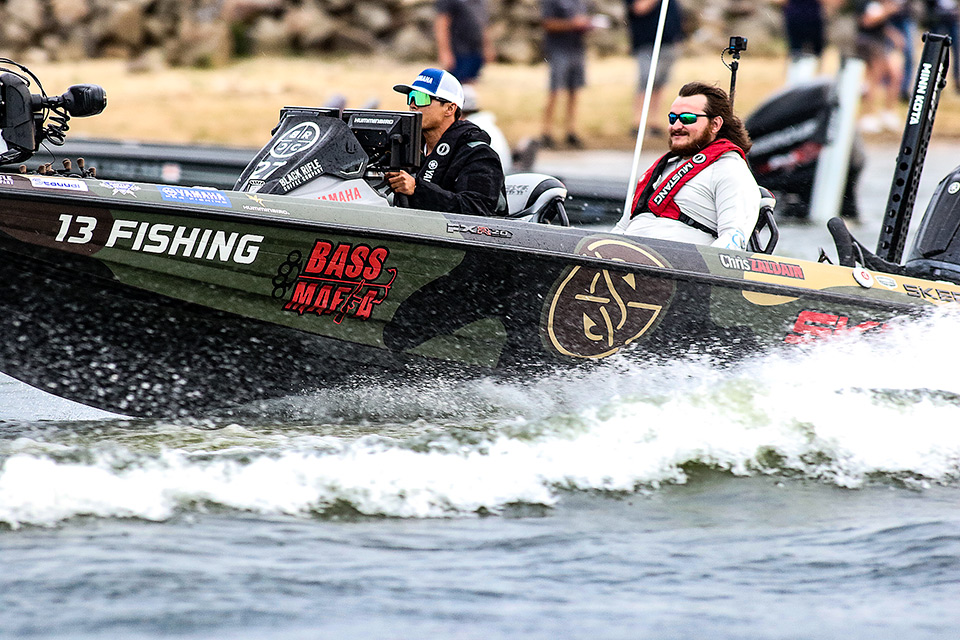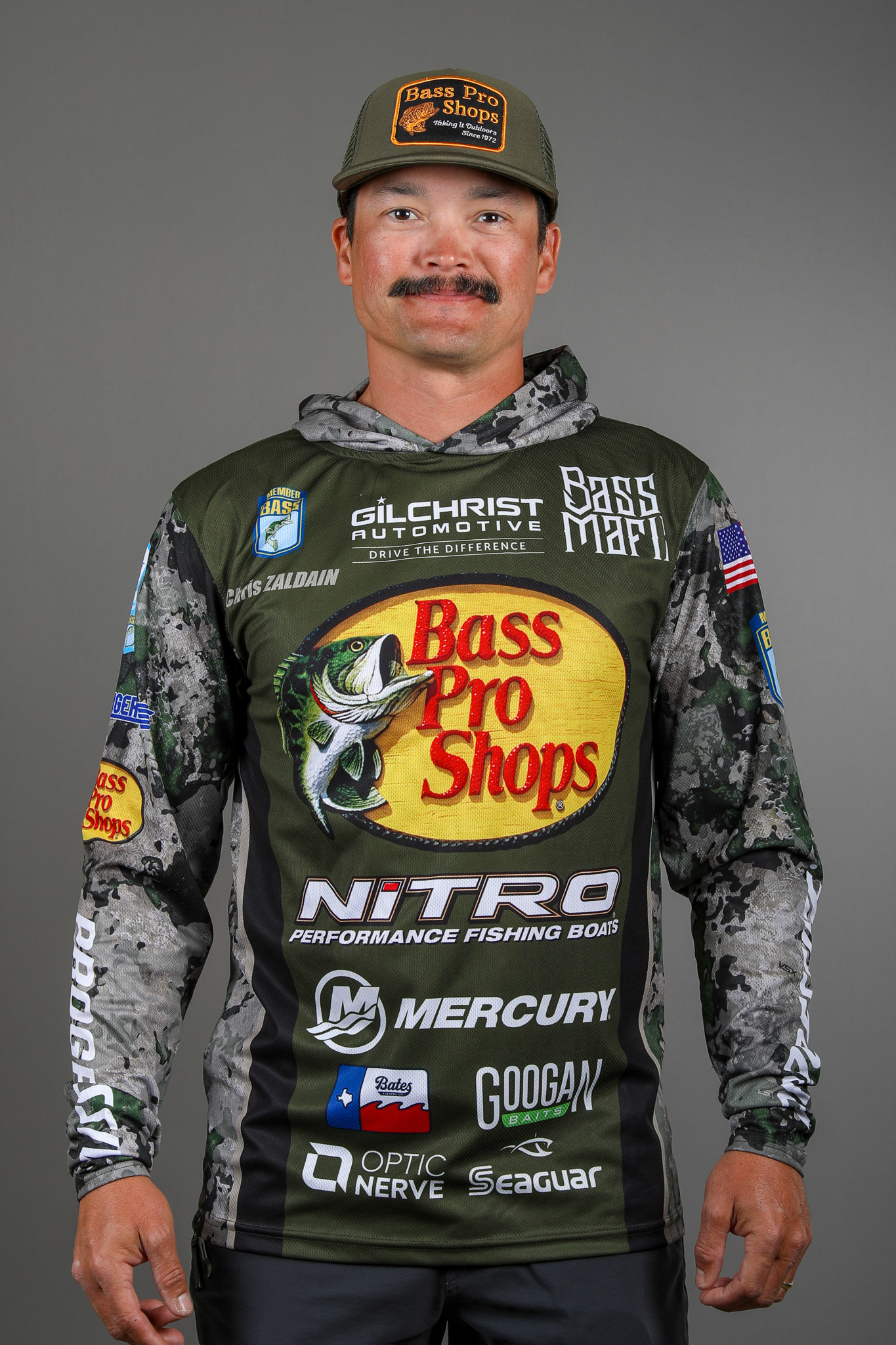
The final events for the 2022 Bassmaster Elite Series season are at hand. That means we’re heading north, smallmouth are in play and we’ll be fishing on inland seas. This year the St. Lawrence River and South Dakota’s Lake Oahe are on the schedule.
I love fishing for smallmouth, but that big water can be brutal on your boat, not to mention your body. It doesn’t take much of a breeze to kick up substantial waves. And when the wind howls, as if often does, the waves pound your boat without mercy.
It’s imperative that you do some prep work on your boat prior to any tournament where rough-water boat rides are likely. If you don’t, you’re asking for a breakdown that could end your tournament.
I have a five-point checklist I follow to ensure that my boat is big-water seaworthy. It goes well beyond the safety regulations B.A.S.S. requires for their tournaments. I strongly suggest that you make this list part of your big-water preparation.
- The most important item on my checklist is to make sure the mounting bolts on my outboard are tight. Don’t trust your eyes or your fingers when you do this. Put wrenches on the nuts and make sure they don’t move when you apply pressure. Loose mounting bolts cost the late, great Aaron Martens a victory several years ago. It was the final day of an Elite event on Lake St. Clair. He had the winning fish in his livewell. While being pummeled by waves on the long run from Lake Erie to the weigh-in, his mounting bolts sheered off and left him dead on the water. He never got to weigh his heavy limit of smallmouth.
- Be sure the bolts that secure your trolling motor are tight. Even if they’re only slightly loose, the vibration could crack the fiberglass on your boat, break the trolling motor’s bracket or cause a failure in the motor itself.
- Check the mounting brackets for your electronics. If the brackets aren’t secure, vibrations from a rough-water boat ride could cause a graph to fail. When you get to your spot, you might not have your waypoints or sonar. That would be the kiss of death when fishing offshore on big water.
- Remove all unnecessary items from your boat to lighten the load. You don’t need the big crankbaits, heavy jigs and heavy tungsten weights you use for largemouth down south. Then put everything but your rods in the rear storage lockers. This keeps your boat’s nose higher when surfing waves and helps you avoid stuffing them.
- Your bilge pump can be a literal lifesaver on big water, so be sure it’s working. I also check the crimps the boat manufacturer made to connect the wiring. I want to be sure they are secure and not corroded.
The Elite pros are just as susceptible to mishaps as any other bass angler. After a windy day on a big-water Elite Series tournament, there are always several boats having repairs done by the service crews.
I’ve had minor problems during big-water tournaments, but nothing major thanks to my preventative maintenance.





